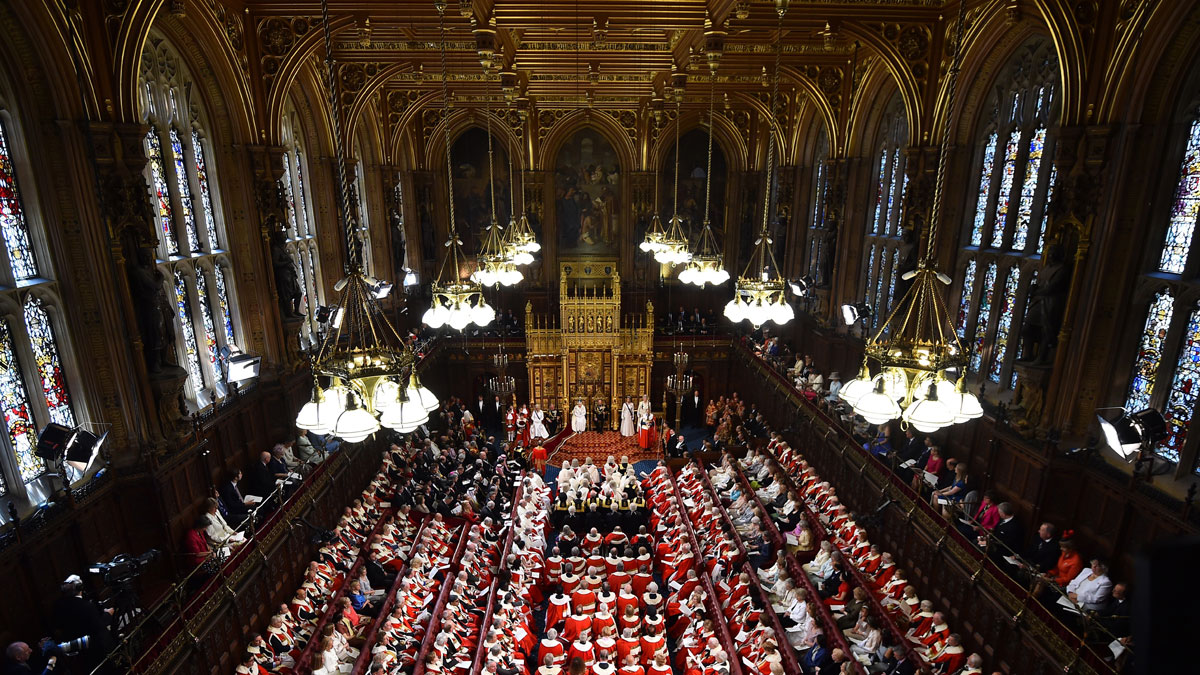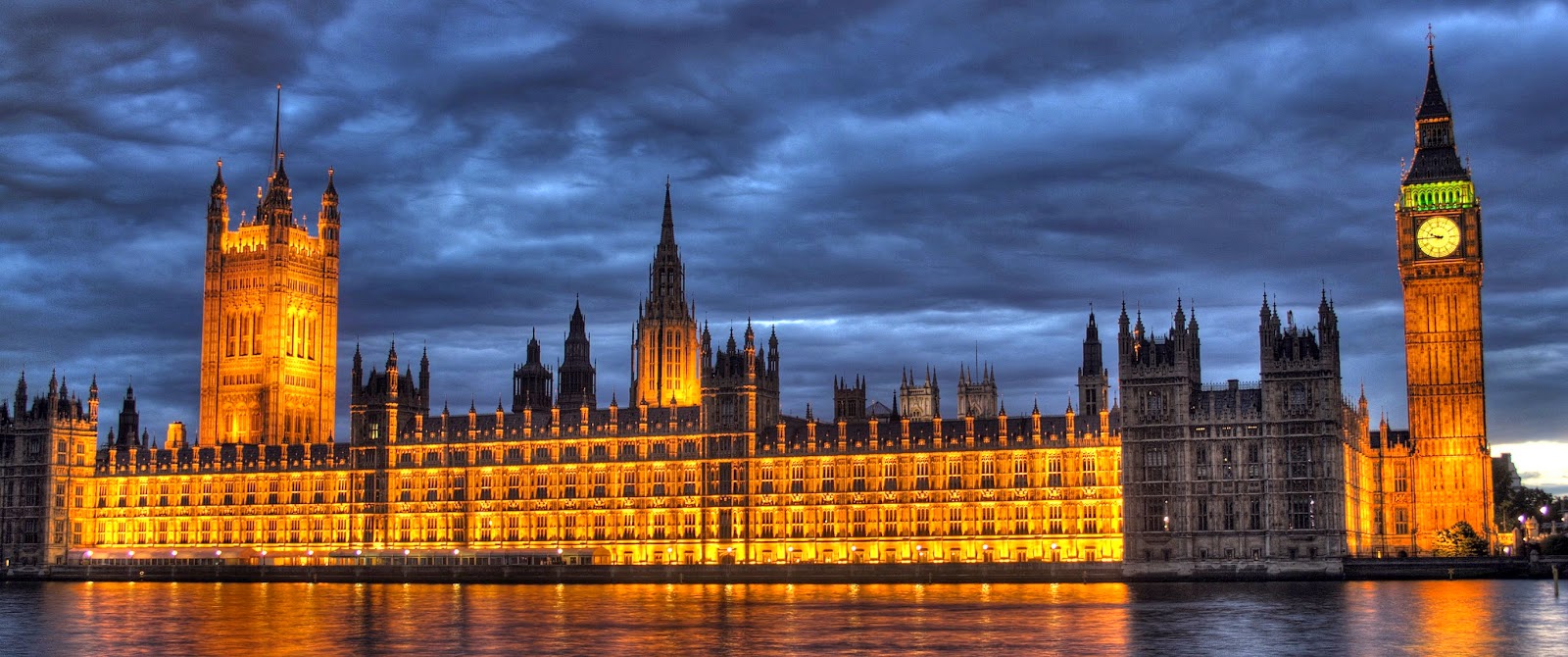
Prime Minister David Cameron generated a tsunami of opposition this week to his proposed, highly controversial cuts to the UK's tax credits benefit system, which is designed to help those on low incomes and offer extra support for job seekers, those with disabilities and benefit claimants with children.
Under the current benefit system, people earning annually less than £6,420 ($9,843) are entitled to receive £53 ($81) a week. As their income rises about that threshold, the amount decreases, with claimants no longer eligible to receive benefits if their income surpasses £13,252 ($20,318) a year.
Cameron's plan would slash the existing threshold to £3,850 ($5,903). Not only that, but he would increase the “taper rate” – the rate at which claimants' benefits get reduced as they earn above the threshold – from 41 pence ($.63) for every pound earned to 48 pence ($.73). Under his proposed rules, new claimants will only be able to claim an annual child tax credit of £2,780 ($4,263) per child for up to two children, regardless of the number of children in a family.
The package of cuts, which was already passed by the House of Commons, was expected to be implemented next year. But on Monday, the second – and unelected – UK chamber of parliament, the House of Lords, voted to delay the measures for at least three years until George Osborne, Chancellor of the Exchequer, could guarantee a way to ensure that low-paid workers would receive some form of alternative remuneration or allowances.
It marked the first time in 100 years that the House of Lords voted down a financial package already approved by the House of Commons.
Almost immediately after the ruling, Cameron announced he would be conducting a “rapid review” of the current system, which allows Lords to vote down finance bills. Osborne told Sky News: "Tonight, unelected Labour and Liberal Lords have defeated a financial matter passed by the elected House of Commons, and David Cameron and I are clear that this raises constitutional issues that need to be dealt with.”
A Downing Street spokesperson backed this up on Tuesday, stating, "The prime minister is determined we will address this constitutional issue. A convention exists and it has been broken. He has asked for a rapid review to see how it can be put back in place." House of Commons Speaker John Bercow meanwhile insisted that there was “nothing procedurally improper” about the vote in the Lords.
Osborne also made it clear to MPs at a Treasury Questions session on Tuesday that tax cuts were still very much on the cards, albeit with the “promise” that they would be less harsh.
“We will continue to reform tax credits and save the money needed so that Britain lives within its means while at the same time lessening the impact on families during the transition,” Osborne said. “I will set out the plans in the autumn [budget] statement. We remain as determined as ever to build a low-tax, low-welfare, high-wage economy that Britain needs and the British people want to see.”
Responding to the Treasury Questions session, Labour Shadow Chancellor John McDonnell said, “It has taken three months for George Osborne to finally say he is prepared to listen to Labour’s warnings on tax credit cuts. He now has to hear what we are saying – that if he u-turns fairly and in full, then we will support him."
"George Osborne has a choice before him today: he can push on with his tax giveaways to big corporations and the wealthiest in our country, or he can reverse those tax breaks to the few and go for a lower surplus target in 2019/20 while sticking to his self-imposed Charter, and still be in a position to not hit three million working families with these tax credit cuts,” McDonnell added.
Green Party Baroness Jenny Jones, the only member of her far-left party in the House of Lords, said Tuesday: “It’s not often the House of Lords hits the headlines for the right reasons. I’m proud of what my colleagues and I in the upper chamber achieved last night in halting this pernicious piece of Tory legislation that would have had a profound impact across the UK.”
Despairing at Cameron and Osborne's false logic, she added, “The proposed changes to tax credits were another example of Tory economic illiteracy. The IFS, the nation’s leading independent economic analysts, advise that this cut would make 3.3 million families worse off by £1,300 ($1,983) per year on average. Of course, many families could lose even more. This policy will not make work pay. For millions of people, it will make work pay less.”
In response to the groundbreaking move by lawmakers, UK political analyst and writer Lewis Baston told Occupy.com: “The House of Lords traditionally keeps out of financial matters, but it has got much more assertive since most of the hereditary peers were excluded in 1999. The Conservative [Lords] tried this when Labour were in government in 2008.”
“The government is trying to do something that goes directly against what Cameron said during the election campaign,” Baston said. “It's completely contrary to what they say about helping the working poor. Tax credits are designed to make it worthwhile to work rather than claim out of work benefits, and they have been broadly successful. It will push a lot of people into poverty.”
In terms of Cameron's real motive behind the cuts, Baston conjectured: “It makes you wonder whether the idea is to drive down living standards and wages – except among the elite of course – to compete with China, or to keep people so busy and tired working to maintain the bare essentials that they don't have the time and energy to challenge anything. Tax credits are a big expenditure item, and they think the political heat is tolerable especially if the election is in five years.”
3 WAYS TO SHOW YOUR SUPPORT
- Log in to post comments

















